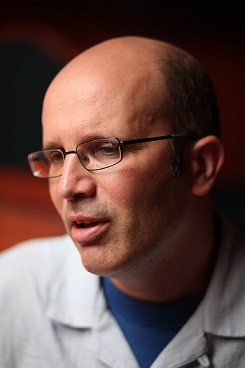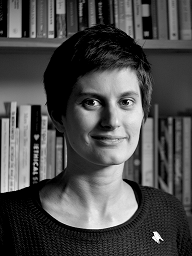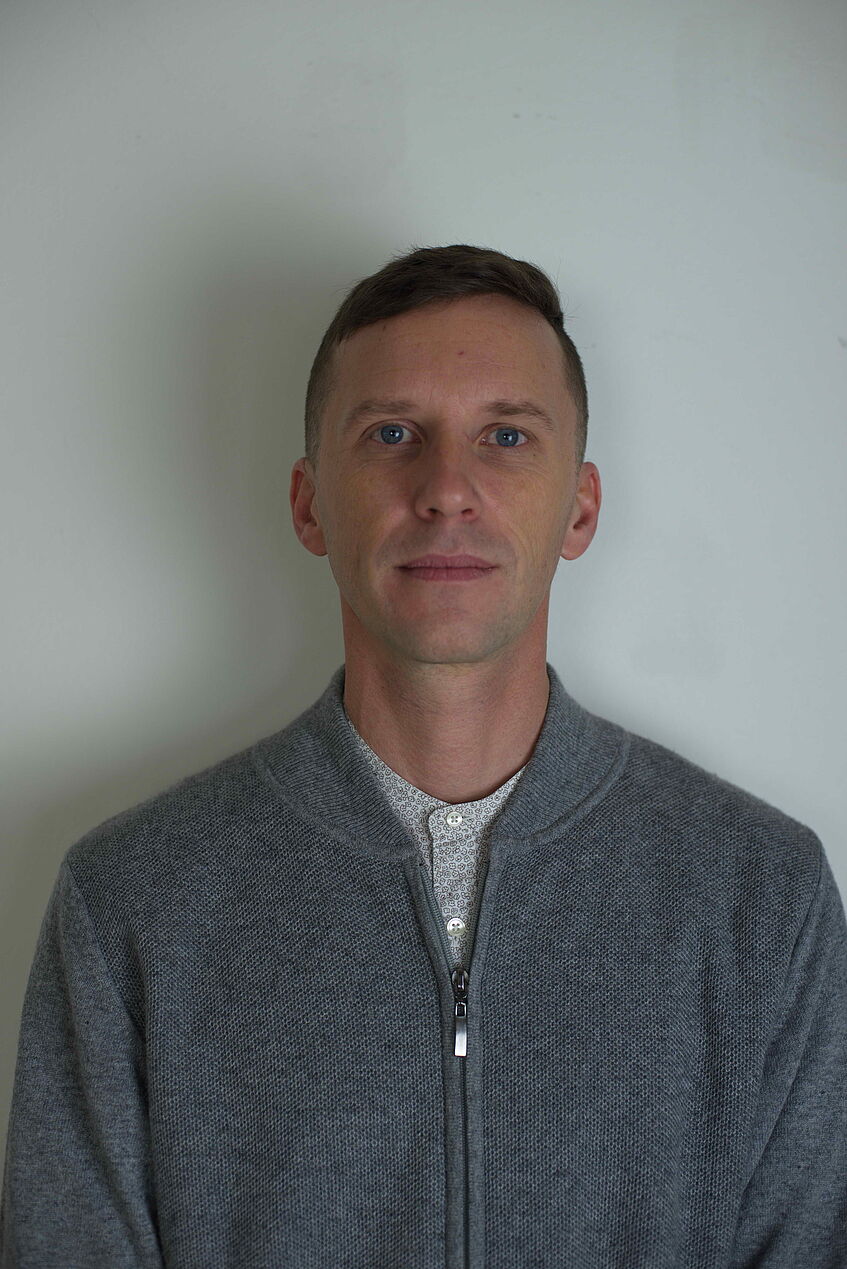Former Fellows
Dr. Letizia Bonanno

Dr. Letizia Bonanno
Letizia earned her Phd in Social Anthropology from the University of Manchester in 2019. In her doctoral work, titled Pharmaceutical redemption: reconfigurations of care tin austerity-laden Athens, she looked at the emergence of grassroots medical facilities during the 2009 economic crisis. Since completing her PhD, Letizia has held teaching and research posts at various British university.
She has been awarded the SEED grant to develop her new research project on industrial labour and post-industrial futures in Galați (Romania). She intends to broaden the scope of the project a comparative case study of Taranto (Italy), a rapidly de-industrialising Taranto. Both Galați and Taranto are located at the margins of Europe and their respective states and have hosted the biggest and most polluting steel plants in Europe since the 1960s. Her project, tentatively titled Steel life aims to understand the tensions between environmental and labour struggles through the lens of social reproduction, bringing a more thorough feminist perspective into the current debates around industrial labour. Letizia is currently a Senior Research Fellow affiliated with the Department of Social and Cultural Anthropology at the University of Vienna.
Dr. Agnieszka Pasieka

Dr. Agnieszka Pasieka
Agnieszka Pasieka is a sociocultural anthropologist. Her work focuses on political mobilization, activism and social movements, and explores how different social actors mobilize to address inequality and power hierarchies and what kind of alternative world they envision. She is author of Hierarchy and pluralism: living religious difference in Catholic Poland (Palgrave 2015) and Living right: far-right youth activists in contemporary Europe (forthcoming with Princeton University Press). She has also authored numerous journal publications on religious pluralism, religious and ethnic minorities, multiculturalism, postsocialist transformation, and, most recently, far-right movements, transnational nationalism and fascism. Her new project tackles the problem of far-right environmental politics.
Dr. Bojan Baća

Dr. Bojan Baća
Bojan Baća is a political and cultural sociologist whose research primarily focuses on civil society, social movements, and contentious politics. He obtained his PhD from York University in 2019 and has since held postdoctoral positions at the University of Graz, Charles University, and Heidelberg University. His most recent postdoctoral fellowship was at the University of Gothenburg as a Marie Skłodowska-Curie Fellow (2021–2023). In addition, he has also held junior research fellowships at the University of Rijeka, New Europe College, and Akademie Schloss Solitude. He is currently a Research Associate at the Institute for Advanced Studies, University of Montenegro, and a Seed Money Fellow at the Research Platform for the Study of Transformations and Eastern Europe, University of Vienna.
Dr. Ognjen Kojanić

Dr. Ognjen Kojanić
Ognjen Kojanić an environmental and economic anthropologist with a geographical focus in the former Yugoslavia. He holds a PhD from the University of Pittsburgh, an MA from Central European University, and a BA from the University of Belgrade. His current research lies at the intersection of urban political ecology, infrastructure studies, and political economy.
Dr. Ondřej Daniel
Ondřej Daniel is a cultural historian working on topics related to popular culture, social class, urban/rural divide and migration in the context of Czech and European postsocialism. He published works that synthesized his research on the role of subcultures and violence in the development of postsocialist Czech popular culture. His current work examines intersections of class and culture in contemporary Czech history.
Dr. György Majtényi

Dr. György Majtényi
György Majtényi is a social historian and professor at Károly Eszterházy University in Eger (Hungary). Between 2000 and 2011, he was department head of the National Archives of Hungary. His recent research interests include social history of East Central Europe in the twentieth century, Roma social history, social history of football, intellectual history, and historiography. Besides being the author of many articles on these issues, he has published six monographs dealing with post-1945 social history of Hungary. His latest English language volume deals with the social history of Hungarian ruling elite during state socialism (Indiana University Press, 2021).
Dr. Eva-Maria Walther
Eva-Maria Walther studied Social Anthropology at the universities of Tübingen, Pécs and Stockholm. She attained her doctoral degree at the Graduate School for East and Southeast European Studies at the University of Regensburg for her dissertation titled "Helping refugees in Slovakia: Messy encounters, moral dilemmas, and mixed emotions". She is currently a Seed Money Fellow at the Research Platform for the Study of Transformations and Eastern Europe.
Dr. Katarina Kušić

Dr. Katarina Kušić
Katarina Kušić holds a PhD in International Politics from Aberystwyth University. She is currently developing a new project that studies political ecologies of land in Southeast Europe from a trans-disciplinary perspective.
Dr. Goran Musić

Dr. Goran Musić
Goran Musić is a social historian of labor in East-Central and Southeast Europe, approaching the field from a broader disciplinary background in Global History, Nationalism Studies and Political Economy.
Dr. Julia Bavouzet

Dr. Julia Bavouzet
Julia Bavouzet is a Postdoc researcher in History, working on Hungarian administration in the 19th and 20th centuries.


